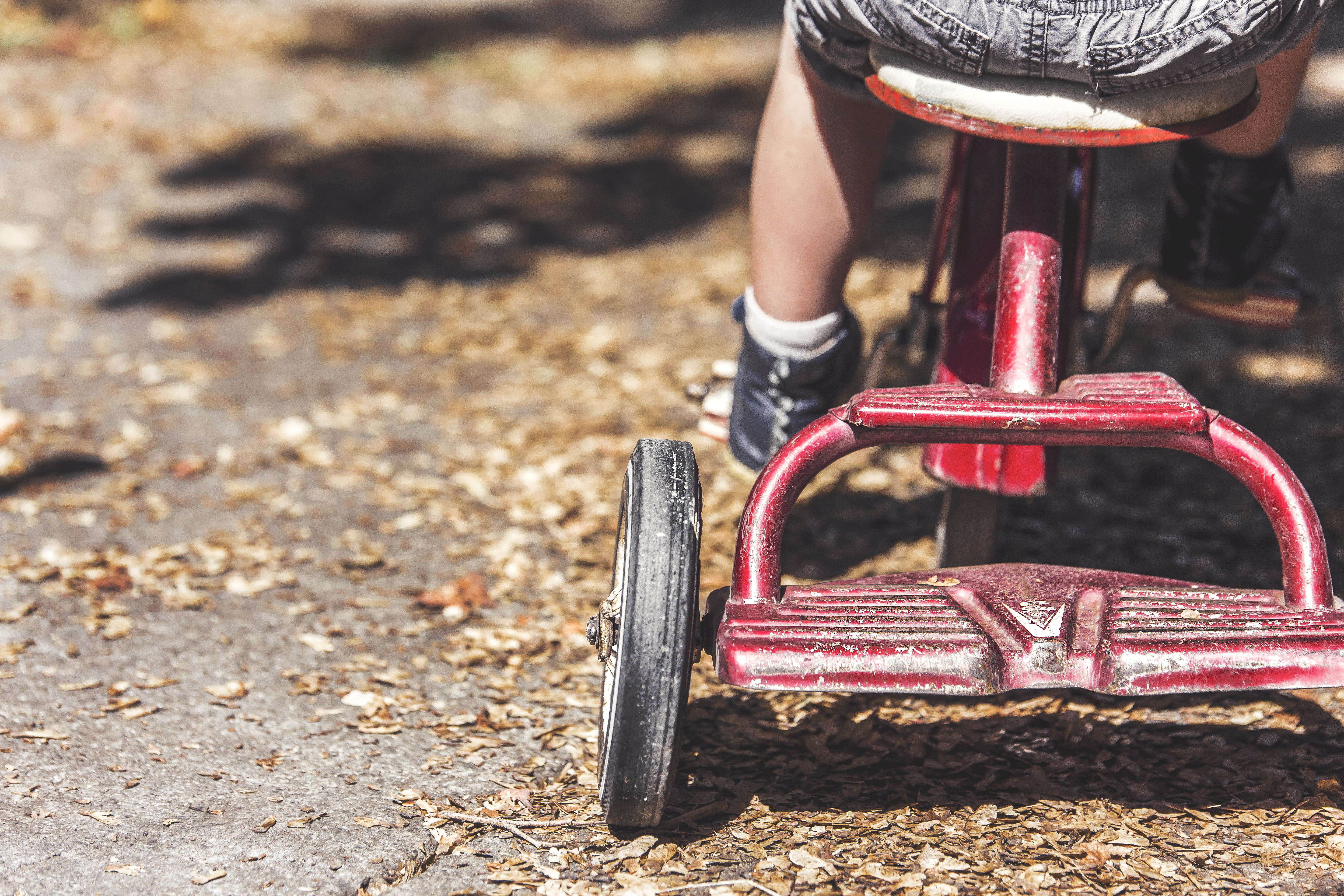The thing about life is that to live is to struggle. Everyone struggles.
We often rebel against the discomfort, shutting down, avoiding or
dismissing the opportunity. Trying to stay still, which of course, is
not a long term option. We must be able to live with and work with,
struggle. And yet, we often have trouble with idea. Sometimes we want
others to do it for us. This concept reminds me of the idea of helping a
butterfly emerge from the cocoon, the very act of struggle brings
strength. In fact, if you assist the butterfly to emerge, it’s often not
strong enough to survive.
So it is for us, so it is for our children. Just as it is sometimes hard for us to struggle, we can find it hard to watch children struggle and often we intervene. Sometimes this is highly appropriate particularly when we are scaffolding them to help them learn themselves rather than doing it for them. It’s unhelpful, however, when we don’t allow them to experience struggle and then succeed. This is how children build resilience, and strength and internal fortitude. When we rob them of the chance to struggle, we may lose an opportunity to support them through to strength.
Carol Dweck is a researcher in the field of psychology who talks extensively about cultivating a growth mindset (I can do it, if I can’t I’ll keep practicing until I can, I can learn) rather than a fixed mindset (I can’t do it, it’s too hard, I’m not good at it). When considering this idea with kids, it’s important to teach kids that struggle is normal and overcoming difficulties are how we grow.
When we teach our kids that failure at something is an opportunity to grow, rather than something to feel embarrassed or ashamed of, we are offering them a way to build their resilience. We know that kids internalise the way we speak to them, and this becomes part of their inner dialogue across their life span, so the way we handle their disappointments are critical. If our child struggles with science you might find yourself saying ‘maybe science isn’t one of your strengths’. Instead of using this type of sentence, which is evaluative and from a fixed mindset, Dweck would recommend that you say ‘the feeling of science being hard is the feeling of your brain growing’.
This wonderfully simple sentence identifies and explains what is happening for the child, and normalises it at the same time. The idea that they aren’t good at science dissipates and they are reminded that growing is normal. That growing and learning often require struggle, but the content is achievable. When that science work is completed, a sense of accomplishment is felt which builds an inherent understanding that the child can do hard things. Better yet, the pride that rises up in the child is the foundations of self-efficacy (how they approach goals, tasks, and challenges) and intrinsic motivation (doing things for the fun or it, or because it is a good or right thing to do).
How do you handle struggles in your child’s life?


